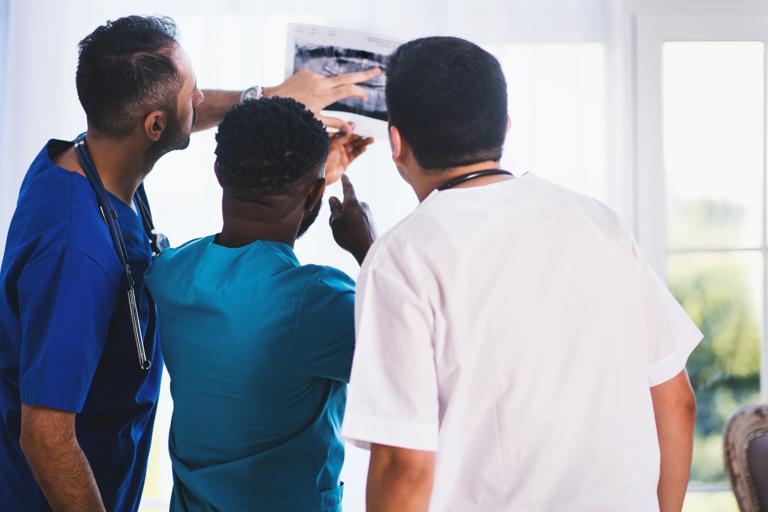Oxford Startup Creates AI Assistant for NHS Clinics
An Oxford-based health tech company has developed an AI assistant designed to streamline administrative work in NHS clinics, saving both time and money.
16 June 2025 at 23:04 • By Daniel Clarke, The Angle Watch

An Oxford-based startup, CareSync AI, is shaking up the healthcare sector with an AI-powered assistant designed specifically for NHS clinics. The system automates routine administrative tasks, from patient check-in to prescription renewals, freeing up valuable staff time.
Pilots in two Oxfordshire GP surgeries showed impressive results: a 38% reduction in appointment no-shows and a 24% boost in on-time documentation. The tool uses natural language processing and integrates directly with existing NHS software systems.
Co-founder and former NHS administrator Aisha Tariq says the goal is to support, not replace, overburdened workers. 'Our system acts like a silent partner, handling the repetitive tasks so staff can focus on patients—not paperwork,' she explained.
The interface includes a virtual dashboard that alerts clinicians to time-sensitive updates, while patients receive appointment reminders and prep instructions via SMS and email. It also supports multiple languages, aiding accessibility for non-native speakers.
CareSync AI has received backing from UK Research and Innovation and was shortlisted for the Royal Society of Medicine’s Digital Health Award. Talks are underway with additional trusts across the Midlands and Wales for expansion.
Though early reviews are positive, data privacy experts urge caution. The company insists its system is GDPR-compliant and undergoes regular third-party security audits. NHS Digital is currently evaluating the platform for broader accreditation.
As staffing challenges persist, tools like CareSync could become indispensable. With a growing emphasis on digital transformation in healthcare, the company’s pragmatic, patient-first approach may be just what the NHS needs.